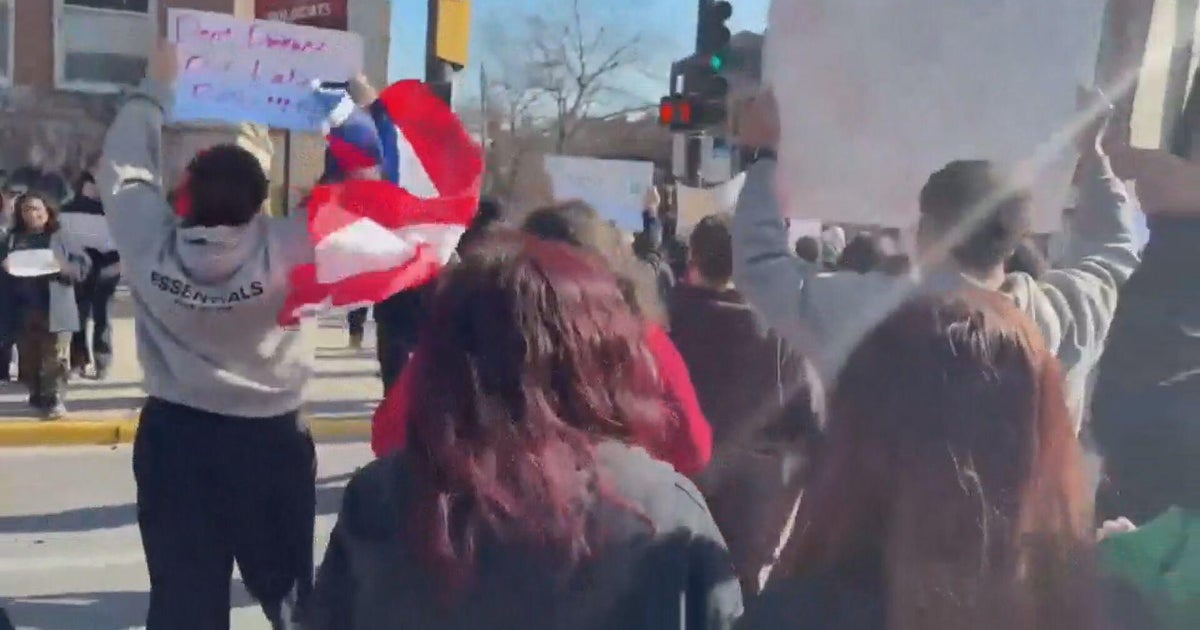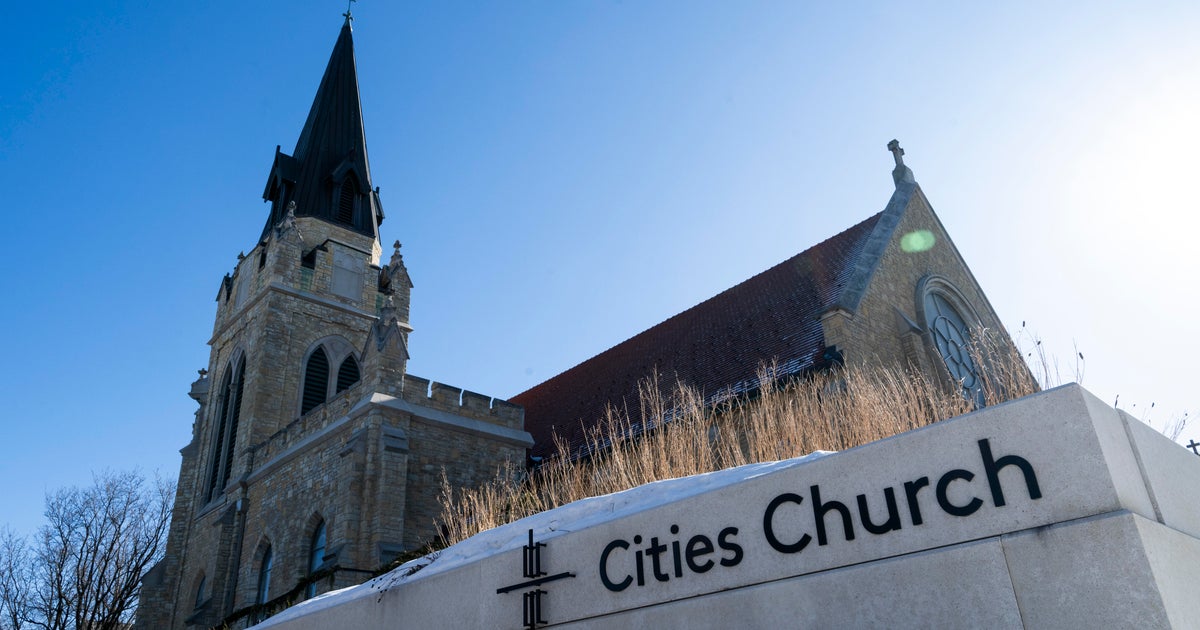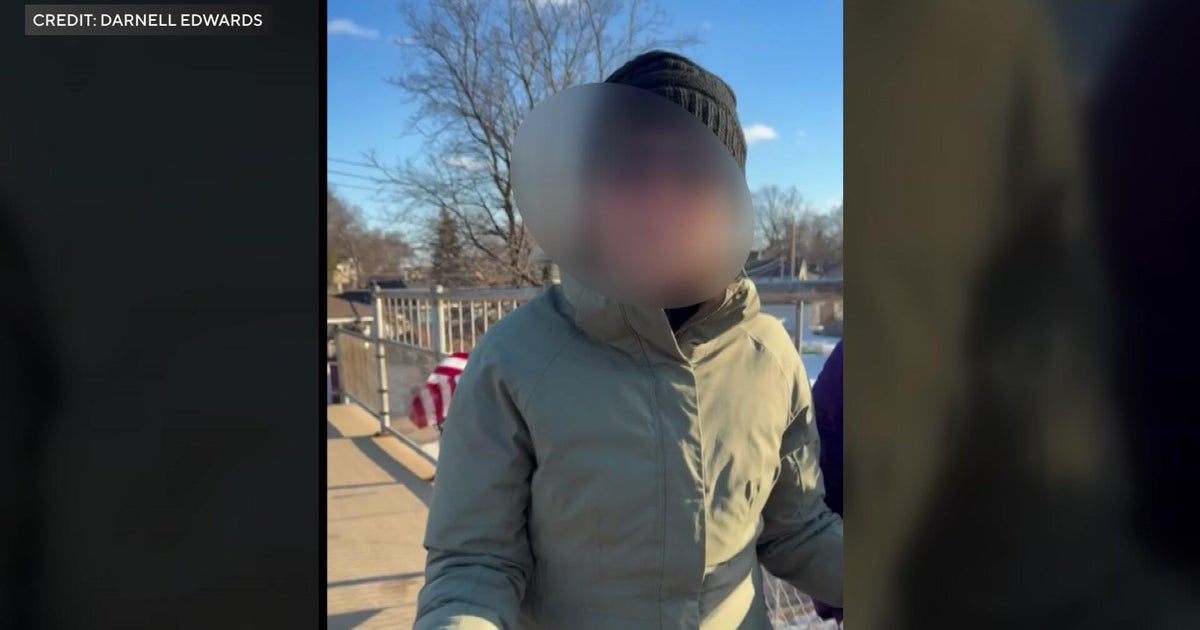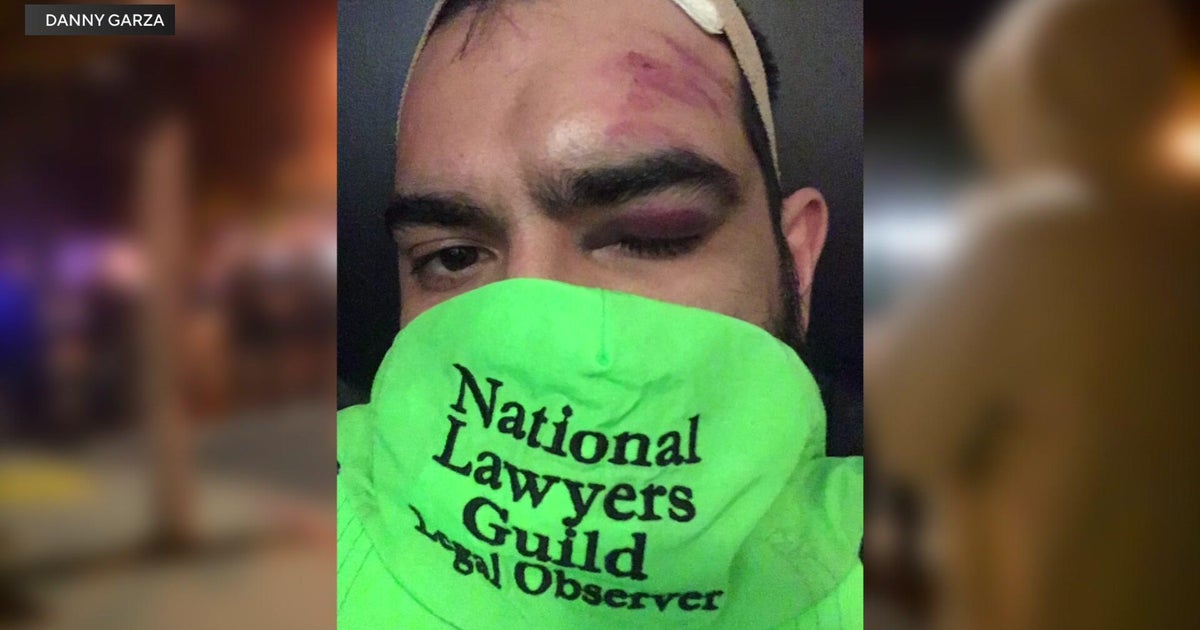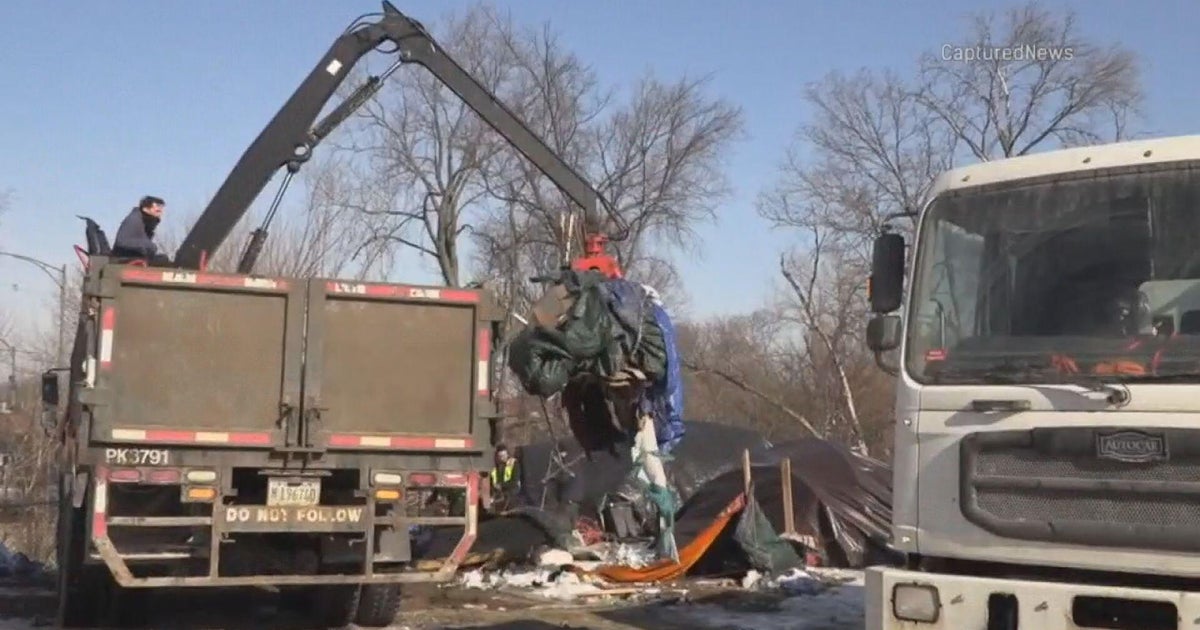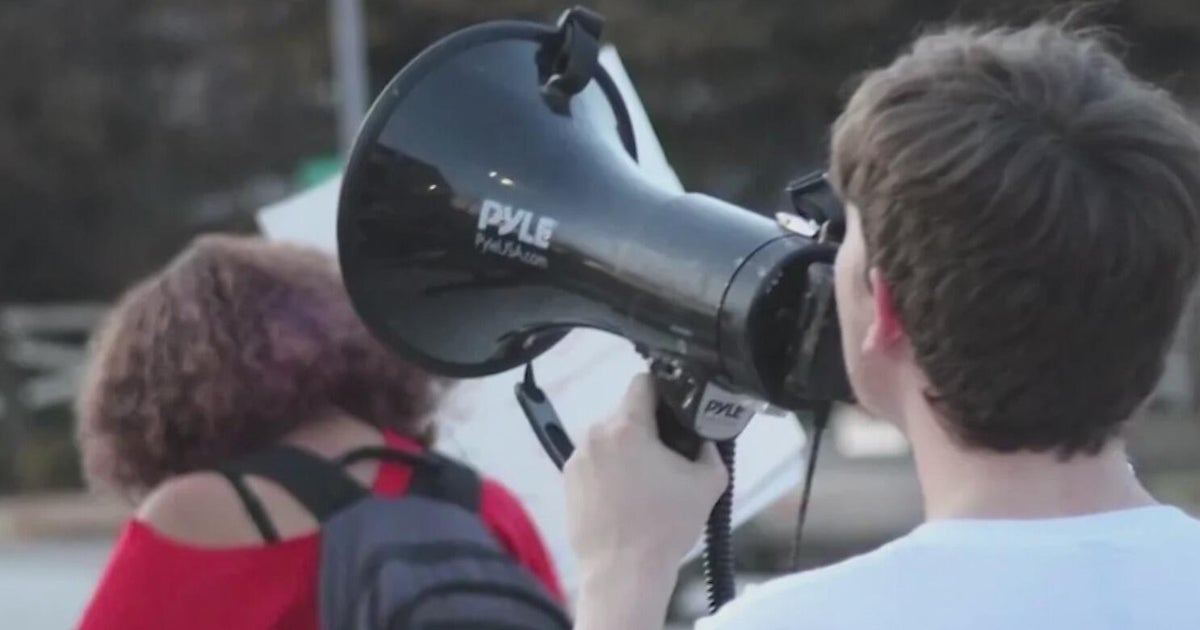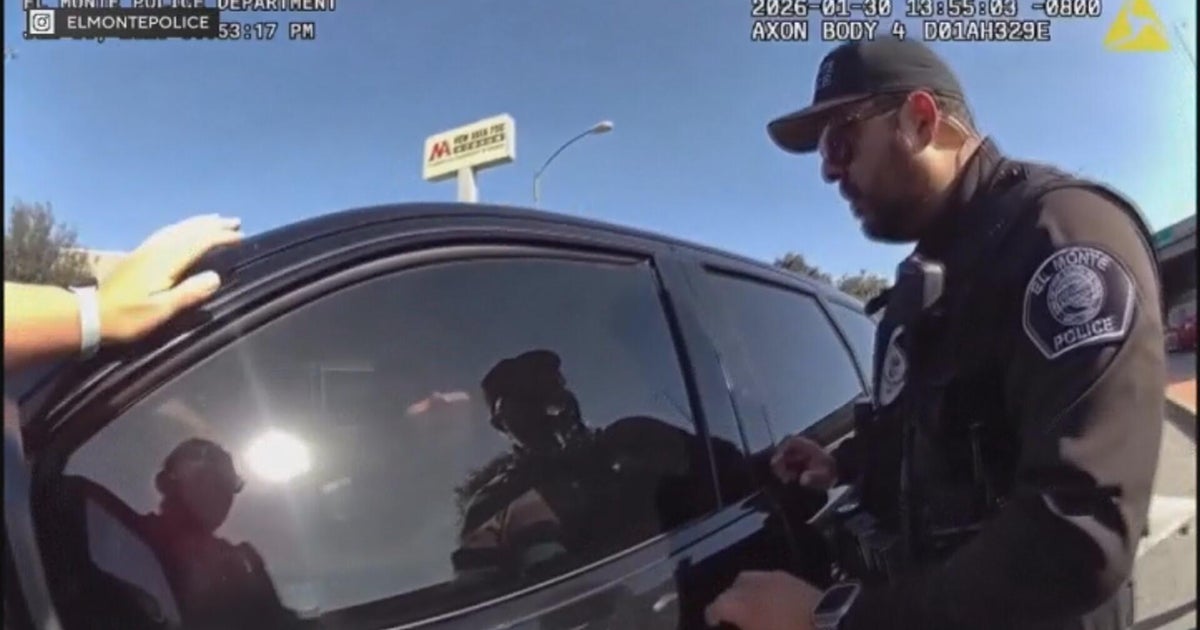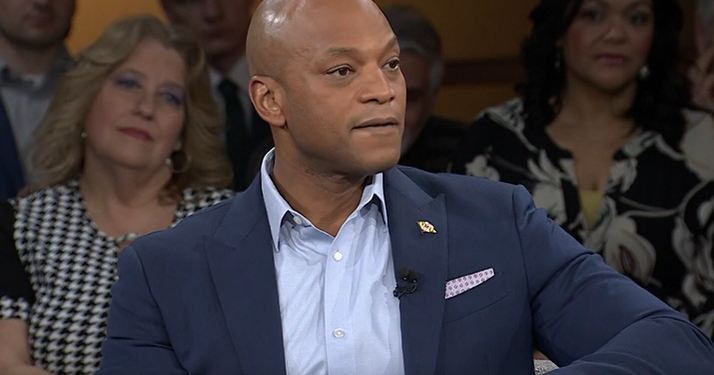McCarthy Gets High Praise For Leading From The Front During NATO
Updated 05/22/12 - 9:47 p.m.
CHICAGO (CBS) -- Police Supt. Garry McCarthy has been getting high praise from city leaders, Chicago residents, and rank-and-file officers, for leading from the front lines during confrontations between police and protesters during the NATO summit.
CBS 2 Chief Correspondent Jay Levine sat down with McCarthy on Tuesday to talk about the big weekend, when the NATO summit not only brought out dozens of world leaders, but thousands of protesters.
McCarthy was relaxed and upbeat, and who could blame him after seeing headlines like "The City That Worked," and hearing praise heaped on by everyone from President Barack Obama to newspaper editorial writers.
Even after more than a week of various protest marches through downtown Chicago and a handful of city neighborhoods, and a number of heated clashes between police and protesters, McCarthy said none of what happened before, during, or after the summit has surprised him.
"I can't think of a surprise. I think that everything we anticipated, everything that we planned to do, every tactic, ever strategy that we developed, all the training, all the equipment -- everything came together in one gorgeous mosaic, if you will," McCarthy said.
Bicycle patrols were a key part of the plan, used in ways and numbers like never before.
McCarthy said deploying large numbers of police officers on bicycles allowed great flexibility.
"The officers could respond quickly, and when they do, they had a readymade barrier, just like any of those police barriers that we use at any event," McCarthy said. "The one thing, in my mind, that really stands out is I would double the number of bikes that we had. And I wanna tell you that I give those guys and gals so much credit. Every single cop, every single sergeant, lieutenant, all the bosses – everybody worked their butts off.
"A lot of people spent a lot of time walking around, and it takes a toll, but those guys on the bikes were zipping around everyplace. And by the third day, I'm saying to them, 'How are your legs?' and some of them were like, 'Yeah, I'm fine,' and others were like, 'You know what? They feel like rocks.'"
Some of those officers who were on bike patrol over the weekend said they wanted to talk to McCarthy to thank him for being out there with them.
Officer William Brown said, "It means a lot for officers to see the head guy out there, so just wanted to let you know that."
"I wouldn't be anywhere else in the world," McCarthy told Brown.
The use of undercover officers to gather information from the crowds of protesters was also a key element in the police strategy.
"We were getting intelligence from undercovers who were in the crowd," McCarthy said.
That intelligence was relayed to officers working the lines, using newly-purchased radios and headsets.
"Stick with your lines, stick with your lines," supervisors like Deputy Chief Steve Georgas told officers over police radios during scuffles with protesters. "Don't let any policemen get sucked in."
Georgas wrote the plan that the department used during the protests. His orders to supervisors on the scene were relayed to officers on the lines using the new radios.
"They almost felt like that person was actually in their head, whispering to them as to what was going on," Georgas said.
During confrontations with aggressive groups of protesters, officers were also told over their radios, "if you're battered by somebody, you grab them, you rake them through the back, and let other guys take them. Stick with your lines."
The superintendent said regularly relaying that information to officers "was encouraging, it was soothing, and it actually gives me chills thinking about it."
"You pull him through, and you have him arrested, just pull him through and hold your line, just like you were trained," supervisors told officers during scuffles.
Georgas said, "Something as inexpensive as just headsets and earpieces really paid dividends to us."
Another innovative part of Georgas' plan involved flooding the area with every bicycle the department owned, and using the city's network of street level cameras and helicopters overhead to follow the marchers.
"There wasn't any part of that march that we didn't have -- sometimes multiple -- camera views," he said.
McCarthy, it seemed, was everywhere during the anti-NATO protests.
The superintendent was out with officers assigned to protest duty at nearly every key moment and location on Sunday, personally leading his officers during the stand-off at Cermak Road and Michigan Avenue on Sunday, where Black Block-style protesters tried to break through police lines.
"I think that it's my job to ensure that the cops realize, and the sergeants realize, and the lieutenants realize that I'm going to walk in their shoes. I'm not going to have anybody do anything that I wouldn't personally do," McCarthy said. "Leadership from the front … I couldn't imagine being anyplace else but on Cermak and Michigan on Sunday afternoon. I couldn't imagine it."
Georgas said, "In my 20 years in the job, this is the proudest I've ever been to see those officers in the blue shirts accomplish what they accomplished out there."
A plan's only worth the paper its written on, until its executed, Georgas added. And the execution of this one appeared to be nearly flawless.
